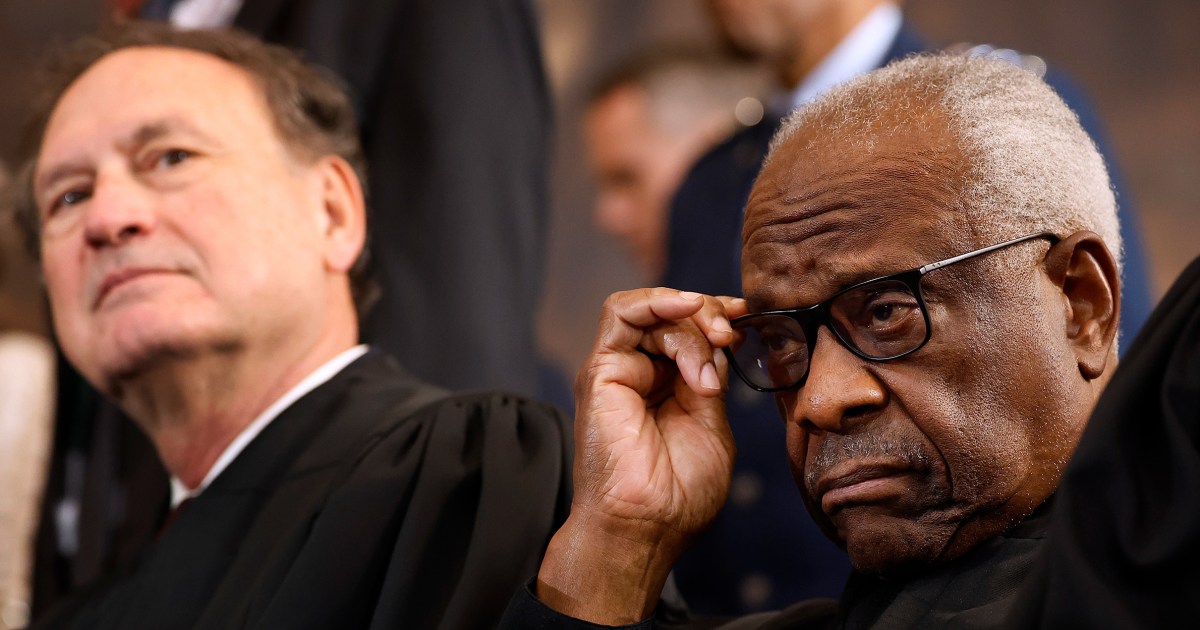The Supreme Court on Thursday declined to review an appeal raising the issue of parental consent for abortion. But that doesn’t mean the court won’t take a different case raising that issue in the future.
Indeed, Justice Samuel Alito wrote a statement accompanying the denial, highlighting reasons why this case wasn’t an appropriate one in which to consider the issue — a statement that doubly serves as a call for anti-abortion lawyers to bring him a better case.
Joined by Justice Clarence Thomas, Alito said the appeal from Montana was a “poor vehicle” for the justices to decide whether parents have the right to know and participate in decisions regarding their kids’ medical care, including the decision to seek an abortion.
When lawyers and justices refer to a case as being a good “vehicle,” they mean the case presents a straightforward opportunity for the court to address a broader issue, without procedural complications lurking in the case that could interfere with the justices issuing a ruling that will set a national standard on an important legal question.
In his statement Thursday, Alito noted that Montana’s lawyers didn’t specifically argue during state court proceedings that infringement of parents’ federal constitutional rights was at stake. He also noted that Montana’s Supreme Court, when it ruled against the state, didn’t claim that the rights of minors took precedence over parents’ federal constitutional rights.
That background, therefore, made for a faulty foundation for the U.S. Supreme Court to decide the big question that Montana’s lawyers pressed to the justices.
Lawyers for Planned Parenthood of Montana made similar points in their brief successfully opposing Supreme Court review, which takes four justices to grant. “This case has never been a vehicle for considering the question presented” by the state, they wrote in their opposition brief, framing the matter as a state issue that the U.S. Supreme Court didn’t need to get involved in.
While that opposition was successful, Alito stressed that the denial doesn’t mean the issue can’t come back someday. The author of the Dobbs ruling that overturned Roe v. Wade seems to hope that it will.
“It is therefore especially important that the denial of review is not read by interested parties or other courts as a rejection of the argument that the petition asks us to decide,” he wrote.
The denial came on the same day that the justices agreed to take on a new big national issue, regarding the participation of transgender girls and women in sports. That one is set to be argued in the court’s next term, which starts in October.
The court will also have at least one abortion-related appeal next term, with a First Amendment challenge from an anti-abortion group that wants to avoid turning over donor information to state authorities. The court adds cases to its docket on a rolling basis, so more abortion-related appeals could come, whether on the consent issue or otherwise.
Subscribe to the Deadline: Legal Newsletter for expert analysis on the top legal stories of the week, including updates from the Supreme Court and developments in the Trump administration’s legal cases.


